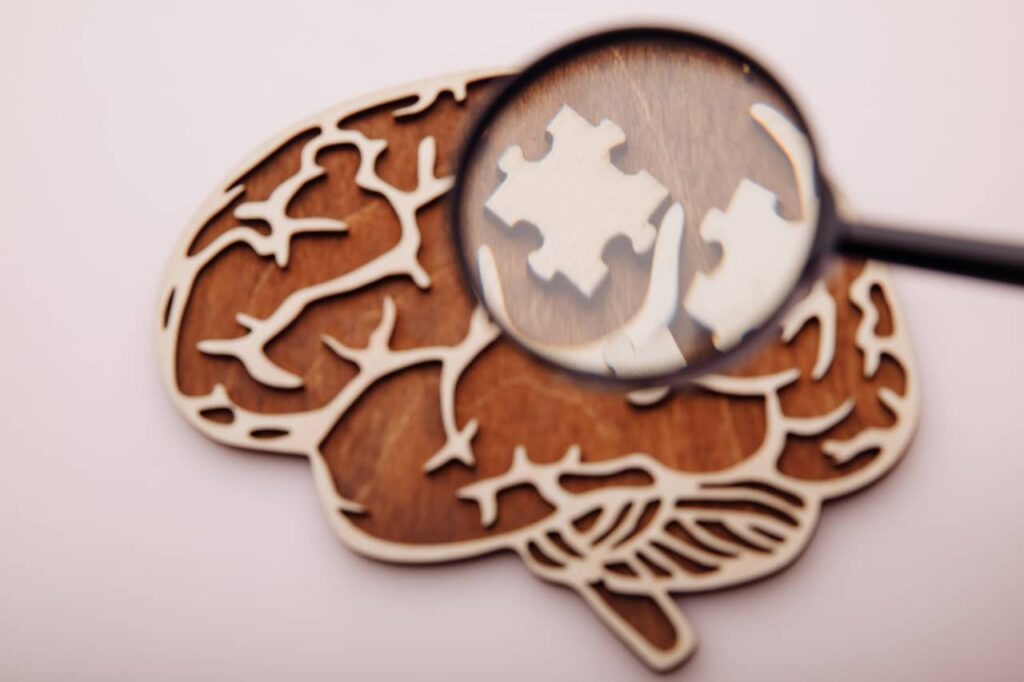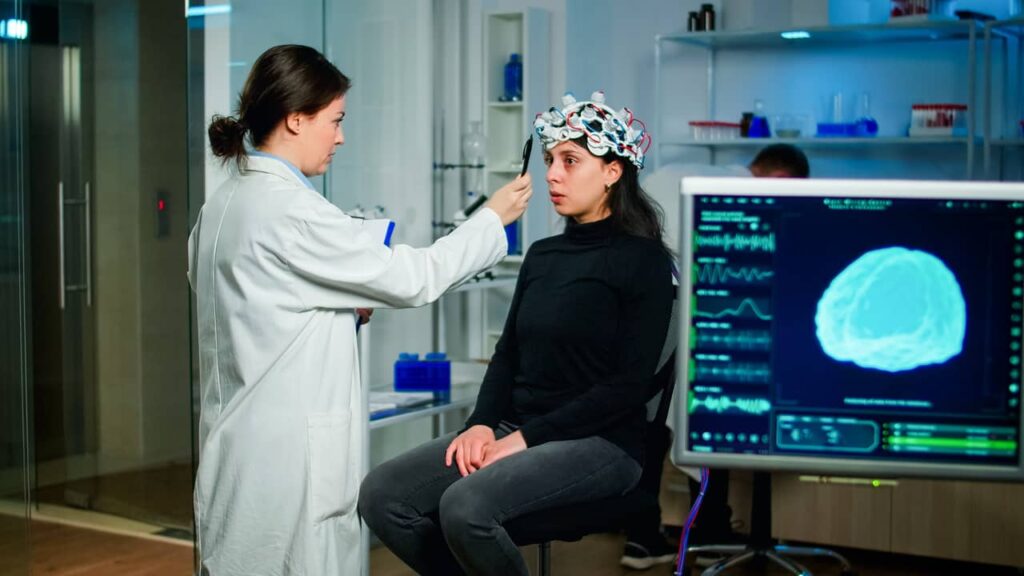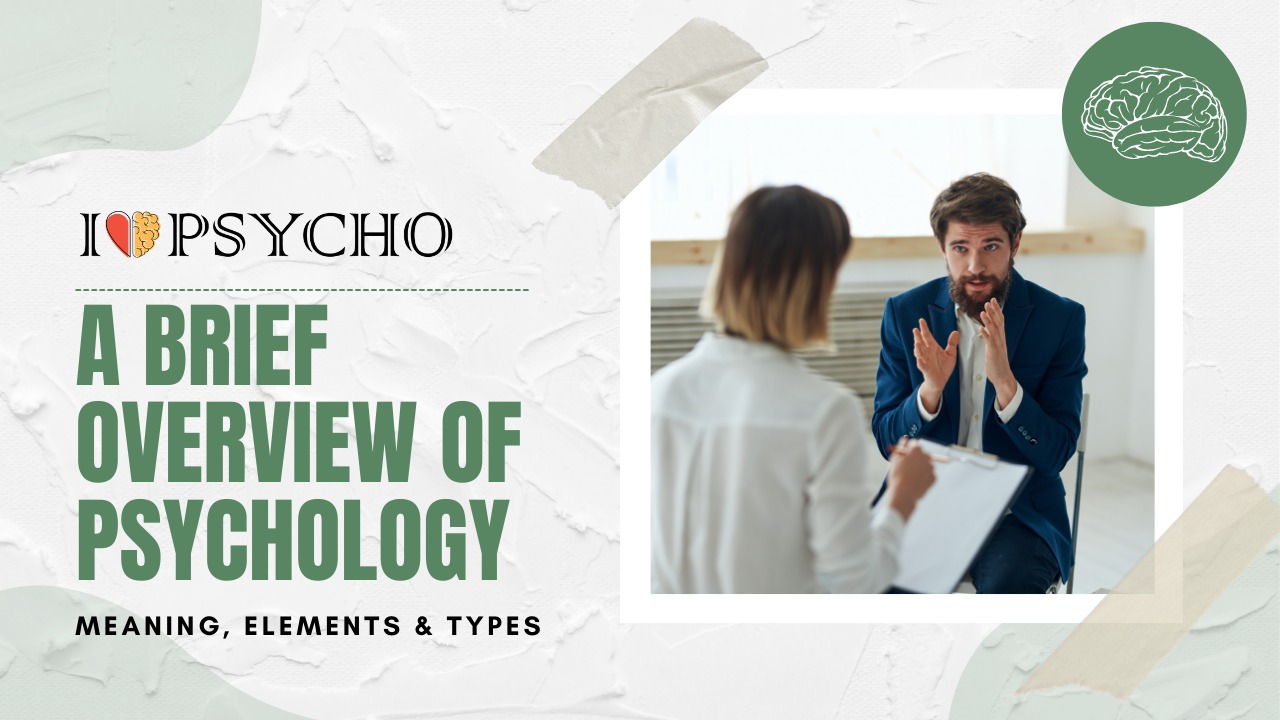Concern for one’s own life is a fundamental human trait. Psychology can be of great help in this.
Whether his/her interest is focused on himself/herself or on the people or objects that surround them and make up their environment, everyone wants to discover why people, including themselves, behave the way they do.
Everyone desires to improve his or her behavior in order to live in peace with himself or herself and with the rest of society.
Meaning of Psychology?
Psychology is mostly said to be as the “science of behavior.” Certainly, psychologists devote a significant amount of time and energy to studying and measuring behavior.
However, they are equally interested in what others have to say about their own experiences.
Instead of analyzing a person’s behavior in isolation, they use it to learn about mental and biological processes, intentions, and personality traits.
As a result, defining psychology as “the science of behavior” can be inaccurate.
The Greek word psychology is made up of two words: ‘psyche,’ which means the mind, soul, or spirit, and ‘logos,’ which means discourse or study.

The ‘Study of the Mind’ is created when these words are joined. It was once thought to be a discipline that dealt with the study of the soul.
During the Vedic and Upanishadic periods in India, the study of such topics was the primary emphasis. Several areas of mental processes were investigated.
Following that, the schools of Yoga, Samkhya, Vedanta, Nyaya, Buddhism, and Jainism presented thorough descriptions of the mind, mental processes, and strategies for controlling the mind.
In the contemporary era, it began in 1916 at Calcutta University with the creation of the Department of Psychology.
The formal foundation of psychology as an independent field in the Western world dates back to 1879, when Wilhelm Wundt built the first experimental laboratory at the University of Leipzig in Germany.
Since then, psychology has progressed over a lengthy period of time.
It is now one of the most popular subjects in the social sciences. It investigates all aspects of experiences, mental processes, and behaviours.
A thorough examination of all of these factors yields a scientific understanding of human nature.
In the next parts, we will attempt to comprehend all of the elements that comprise psychology as a whole.
What are the elements of Psychology?
(A) Study of Experience-
Psychologists investigate a wide range of human experiences, the majority of which are personal or private in character.
They may include dream experiences, conscious experiences at various periods of life, and experiences in which awareness is altered through meditation or the use of psychedelic drugs.

The study of such events allows the psychologist to have a better understanding of the individual’s personal environment.
(B) Study of Mental Process-
Psychology, as the study of mental processes, attempts to understand brain functions that are largely non-physiological in character.
Perception, learning, remembering, and thinking are examples of mental processes.

These are internal mental activity that are not directly observable but inferred from the person’s behavioural activity.
For example, we can claim that someone is thinking if he or she engages in particular actions connected to solving a mathematical problem that has been assigned to him or her.
(C) Study of Behavior-
In psychology, a wide range of behaviors are investigated. Simple reflexes (for example, eye blinking), frequent reaction patterns such as talking to friends, vocal reports about
feelings and internal states, and complex behaviors such as operating computers, playing piano, and addressing a crowd are all included.
These behaviours are either noticed with the naked eye or measured with tools.
They are typically displayed orally or nonverbally (e.g., by facial expression) when a person reacts to a stimulus in a certain setting.
Thus, the individual human person and his or her experiences, mental processes, and behaviors are the primary units of research in psychology.
The study of humans begins with the operation of biological systems, particularly the neurological system.
Central nervous system psychology is the study of the functions of several areas of the brain that regulate our moods, emotions, and thoughts.

Hormones and neurotransmitters play a significant part in shaping our behavior within the autonomic nervous system.
Furthermore, psychology analyses how a specific sociocultural environment interacts with a child’s natural biological, intellectual, and social characteristics, facilitating the child’s healthy growth.
The notion of motivation is used by psychologists to understand the intent behind any type of behaviour.
It is largely concerned with the investment of mental energy and the consistency of effort in order to achieve the defined goals.
The numerous shades of sensations that we experience during our lives, such as anger, fear, love, joy, and sadness, are examined within the field of emotion.
As a result, psychology as a discipline has a broad reach.
It not only analyses people throughout their lives, but it also aims to investigate mental processes and potentials in order to help people achieve a higher quality of life.
To begin with, psychology is not a solitary endeavour. Rather, it is a conglomeration of specialties, each of which is distinguished by the adjective that comes before the term “psychology.”
Here’s a summary of psychology’s various subfields:
1. Abnormal psychology

It is the study of the nature and development of abnormal behavior, thoughts, and feelings linked with discomfort or poor functioning that are not a culturally anticipated reaction to an event.
2. Clinical Psychology
It is concerned with the diagnosis, treatment, and prevention of mental illnesses and disabilities.
3. Cognitive Psychology
It is the study of the processes that transform, reduce, elaborate, store, retrieve, and utilise sensory information.
4. Counselling psychology

Traditionally connected with the area of education, counselling psychology may encompass vocational assistance as well as assisting individuals in resolving problems or role challenges connected to work, school, or family difficulties.
5. Developmental Psychology

It is concerned with the evolution of behavioral and mental processes throughout the course of a person’s life.
6. Educational Psychology

It is sometimes known as school psychology which involves the diagnosis and treatment of educational, emotional, and behavioral problems in children and teenagers.
7. Forensic and Criminological Psychology

It is concerned with the psychological implications of legal processes and crimes.
8. Health Psychology

It includes the study of lifestyle and physical health, the discovery of psychological causes and correlates of health and sickness, psychological aspects of health promotion, and the prevention and treatment of sickness.
9. Neuropsychology

It is the study of the effects of nervous system (particularly brain) diseases on behavior.
10. Organizational Psychology
It is the study of the structures and operations of organizations, as well as the actions of their employees.

Job satisfaction, employee attitudes and motivation, and their impact on absenteeism, labor turnover, and organizational productivity and efficiency are all included in its purview.
11. Personality psychology/Individual Differences

The study of the characteristics that distinguish each individual.
12. Social Psychology

It is the study of the interaction between an individual and his or her social environment.
13. Sport and Exercise Psychology
The reciprocal impacts of psychological elements on sports and exercise.
Psychology is a broad subject with rather hazy boundaries due to its many specialties. So, you could wonder, ‘What is the glue that ties psychology together as a discipline?’
If there is one thing that psychology is recognized for, it is its dependence on a philosophical viewpoint known as empiricism.
Empiricists believe that knowledge is gained by observation and experience (the Greek empeiria literally means “experience”).

This point of view holds that all theories regarding human functioning should have an observable result that can be confirmed or disproved by data collecting and statistical testing.
Psychologists are thus bound together by their dedication to empirical research as a way of reaching their common objective of understanding, predicting, and influencing human behavior.
To that purpose, they investigate not only humans but also a variety of other species, such as fruit flies, cockroaches, rats, cats, dogs, horses, and our closest relative, the chimp.
Some psychologists conduct research in a laboratory, while others observe animals in their natural setting.
Further Reading:










